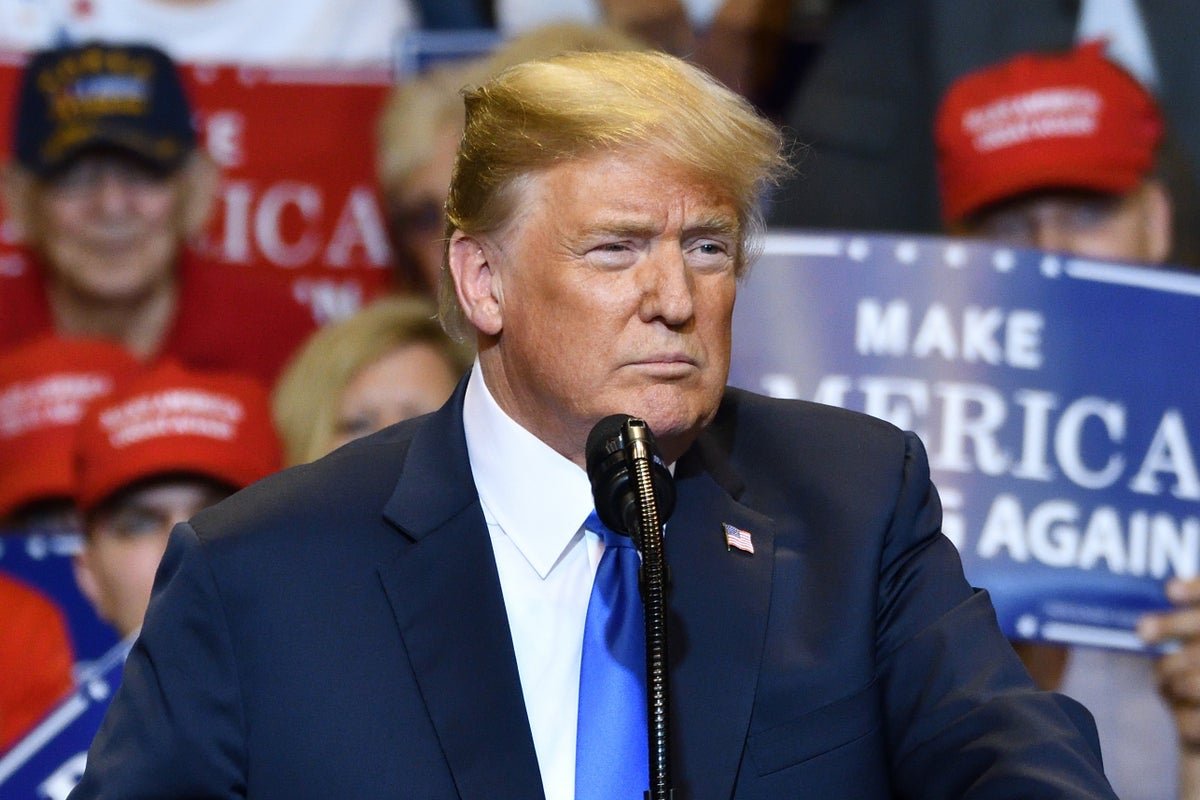In a recent court hearing, Steve Sadow, the principal attorney for former President Donald Trump in the Georgia election interference case, discussed how Trump’s potential win in the 2024 presidential election could influence the trial’s timeline.
The session, led by Judge Scott McAfee, explored various scenarios regarding the trial’s scheduling. Addressing the court, Sadow raised concerns about the trial’s timing, especially if Trump secures a victory in the upcoming election. He suggested that, based on the U.S. Constitution’s supremacy clause and Trump’s possible presidential duties, the trial could be postponed until after Trump’s potential second term.
When McAfee asked Sadow if Trump could even be tried in 2025 if he were to win the election, Sadow replied, “The answer to that is, I believe, that under the supremacy clause and his duties as president of the United States, this trial would not take place at all until after he left his term of office.”
The attorney also pointed out Trump’s current lead in the Republican primary polls, questioning the feasibility of conducting a trial during an active presidential campaign. He asked, “Can you imagine the notion of the Republican nominee for president not being able to campaign for the presidency because he is, in some form or fashion, in a courtroom defending himself?”
Countering this argument, Nathan Wade, the special prosecutor, firmly rejected the idea that the trial would equate to election interference. “This is moving forward with the business of Fulton County,” he said. “I don’t think that it in any way impedes defendant Trump’s ability to campaign or do whatever he needs to do in order to seek office.”
The case, led by Fulton County District Attorney Fani Willis (D), involves 19 defendants, including Trump, who are accused of participating in a criminal enterprise to maintain Trump’s presidency in the 2020 election. Four defendants have already entered guilty pleas to lesser charges.
Willis is advocating for a collective trial of the remaining defendants, set to commence on August 5, 2024. McAfee has yet to finalize the trial’s schedule or decide on splitting the defendants. However, he said he preferred dividing the remaining 15 defendants into two groups, citing logistical challenges in handling all defendants simultaneously.
In addition to the Georgia case, Trump is also contending with four felony counts in a federal election case in Washington, D.C., where he has pleaded not guilty. Sadow mentioned that Trump also plans to file a motion asserting presidential immunity in this case.
The outcome of this court hearing and the subsequent trial will have significant implications for Trump and his potential political future. As the legal battles continue, it remains to be seen how they will impact the 2024 presidential election and the broader political landscape.





